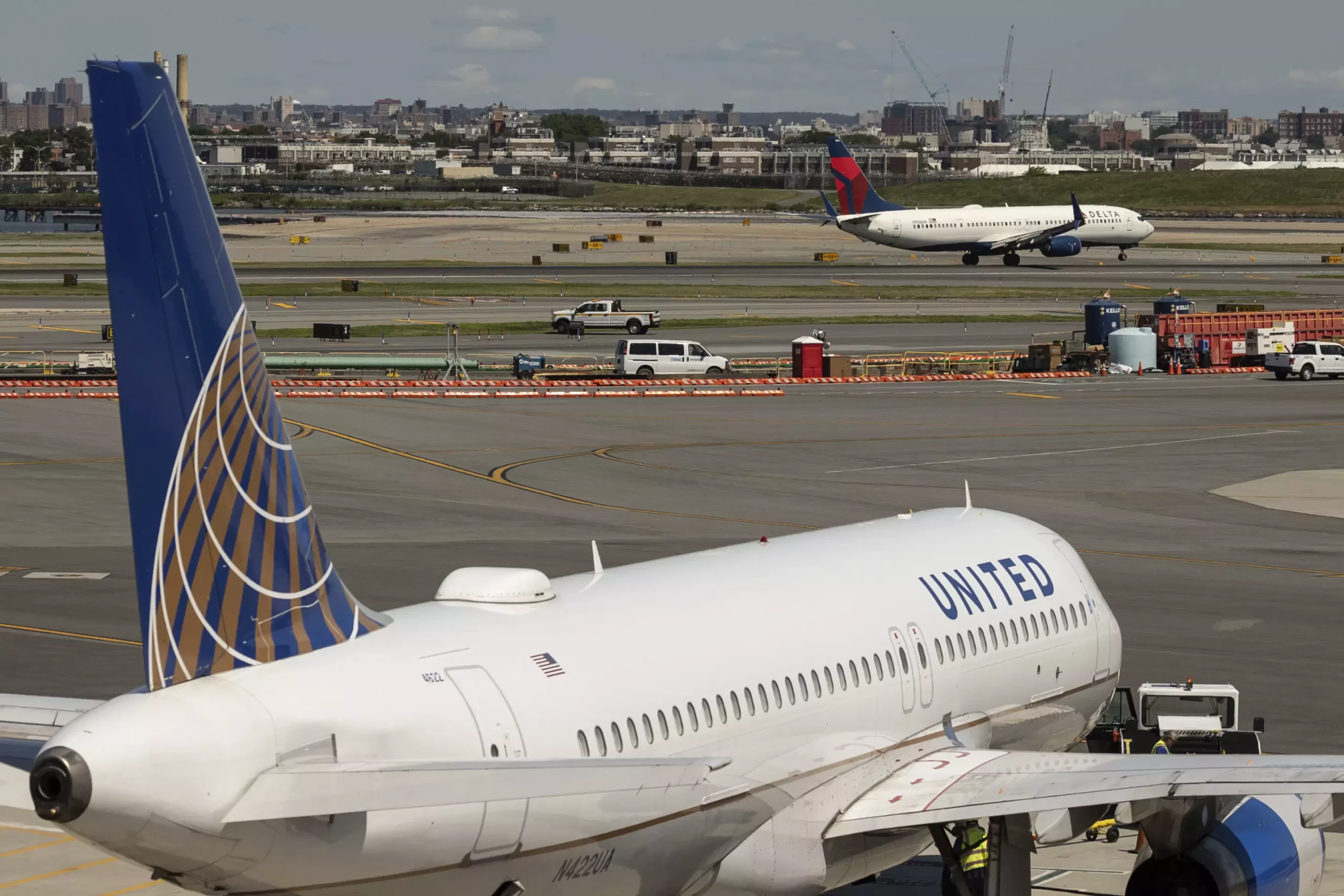In the wake of a faulty software update, airlines such as Delta Air Lines are facing significant challenges in restoring their operations. The aftermath of this technological havoc is evident in the high number of flight cancellations that have occurred within the United States.
Delta Chief Executive Ed Bastian expressed his apologies to customers who have been impacted by the system outage. The disruptions resulted in thousands of flights being canceled, leaving travelers stranded and inconvenienced. With flight loads exceeding 90%, Delta’s ability to re-accommodate affected passengers was severely limited.
Transportation Secretary Pete Buttigieg has intervened in the situation, emphasizing the importance of customer welfare. The Transportation Department has reminded Delta of its obligation to provide refunds to passengers whose flights have been canceled. Additionally, Buttigieg has stressed the need for timely reimbursements for expenses such as food and accommodations for affected travelers.
Buttigieg reiterates that no passenger should be left stranded at an airport overnight or forced to endure long wait times for customer service assistance. The airline industry is being urged to enhance its customer service protocols to ensure that travelers are adequately supported during times of crisis.
The recent airline chaos serves as a stark reminder of the critical role that technology plays in modern air travel. The incident underscores the need for robust systems and contingency plans to handle unforeseen technical failures. Airlines must prioritize passenger safety and comfort by investing in resilient technological infrastructure and effective customer service practices.
The recent technological nightmare that has engulfed the airline industry highlights the vulnerability of complex systems to unforeseen disruptions. It also underscores the importance of proactive communication, swift response, and customer-centric solutions in times of crisis. As the aviation sector navigates through these challenges, it is imperative that lessons are learned and applied to prevent similar incidents in the future.


Leave a Reply